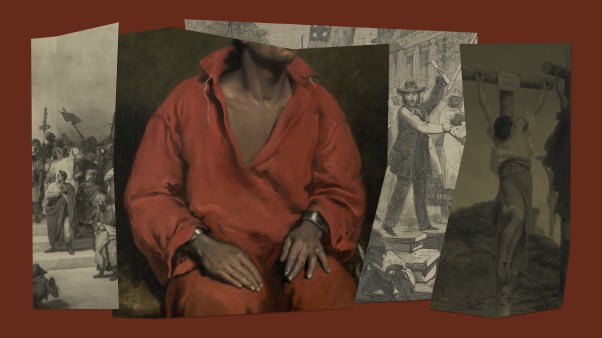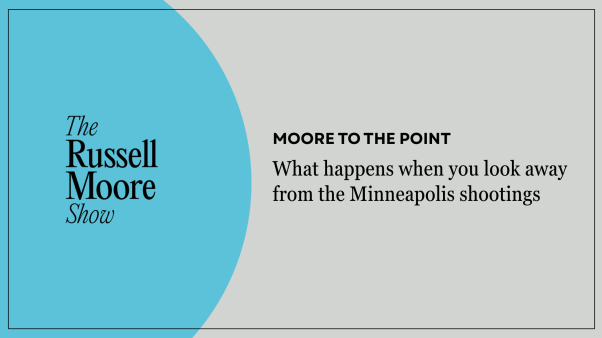Worry is a peculiarly modern condition. Its history can be traced through its etymology: from its Old English meaning of to strangle, to its Renaissance sense of physical harassment, to its current connotation of mild anxiety.
The word worry as it is understood today did not emerge until the 19th century, with the growth of major cities and modern industry. Since then, Francis O’Gorman explains in Worrying: A Literary and Cultural History (Bloomsbury Academic), worry has crept into the affairs of “busy, high-pressured nations” and those “who [use] their brains too much.” Anxiety took on a hint of glamour, as reflected in works by Virginia Woolf, T. S. Eliot, W. H. Auden, and others cited generously by O’Gorman, a professor of Victorian literature.
According to O’Gorman, worry develops when reason edges out faith as the privileged source of knowledge. “The birth of worry,” O’Gorman writes, is “the moment of a culture’s shift from unquestioning faith in omnipotent powers to thought or reasoning as the way of understanding human existence within the world.”
This emphasis on reason—and its array of seemingly infinite choices—promotes the idea that we must “use our own powers to discern” the one best choice. No wonder we worry so. Indeed, O’Gorman argues, “Worry is only possible in a world of choice. It’s even more possible when human beings think, in turn, that they have the capacity, let alone the right, to choose for themselves.”
Yet paradoxically, as O’Gorman shows, worry also demonstrates the limits of reason. “Worrying exposes what we really have faith in,” he says. Despite “all our faith in reason, for all our hopes to think of ourselves as logical creatures, we’re really shaped by what we believe.” The worrying mind, O’Gorman suggests, is “like great Gothic architecture,” featuring “invention, fantasy, and asymmetry.” And the mental rituals of the worrier—the repetitions, circularity, and obsessive tics—show “how deeply the need for rites remains.”
But worry is more than a hyperactive source of folly. In some cases, at least, it can sharpen our perceptions. “Worriers,” O’Gorman suggests, “are good at analyzing states of mind, responses, nuances, and fine shades of feeling.” He gets rather carried away, however, in labeling them “philosophers in ordinary,” who are like
the monks of the old days in new clothes . . . the theologians and the scholars, made freshly commonplace, newly familiar on the streets and in the offices. Even if we can hardly claim our inner thoughts to be intellectual ones, we live the life of the mind all the same.
Exaggerations aside, the worrier may have a firmer grasp on reality than the cheery optimist. After all, O’Gorman writes, “A blithe confidence that all will work out may be exactly the reason why it won’t. Happiness can be a distraction; a smokescreen that hides a deep failure to look at problems as they really are.” Research shows that worry may even provide a buffer against more serious mental ailments.
Worrying is not a self-help book. In fact, it frequently pokes holes in that genre. Nor is the book spiritual in any sense. As the book’s subtitle suggests, this is a literary and cultural history, as well as a personal one (O’Gorman is a self-confessed worrier). The book is an exercise in worrying about worry. Thus, like worry itself, it’s too often repetitive, disorganized, and a bit self-indulgent.
Of course, self-indulgence, as O’Gorman points out, is the essence of worry. “To worry silently is to feel a certain kind of closeness to oneself,” he writes. Worry can become, ironically, a source of comfort.
Worriers are natural storytellers. Our imaginations seize upon “What if . . . ?” scenarios with astonishing ease—and near-ceaseless energy. What if I’m late to the interview? What if the boss refuses to see me? What if I get pulled over for speeding? Perhaps all we can do is learn to tell ourselves better stories. For Christians, that will mean telling ourselves stories in which God is in control of past, present, and future. Stories where we give all our “What ifs?” to him and trust in a hopeful outcome.
Karen Swallow Prior teaches English literature at Liberty University. She is the author of Fierce Convictions: The Extraordinary Life of Hannah More—Poet, Reformer, Abolitionist (Thomas Nelson).











